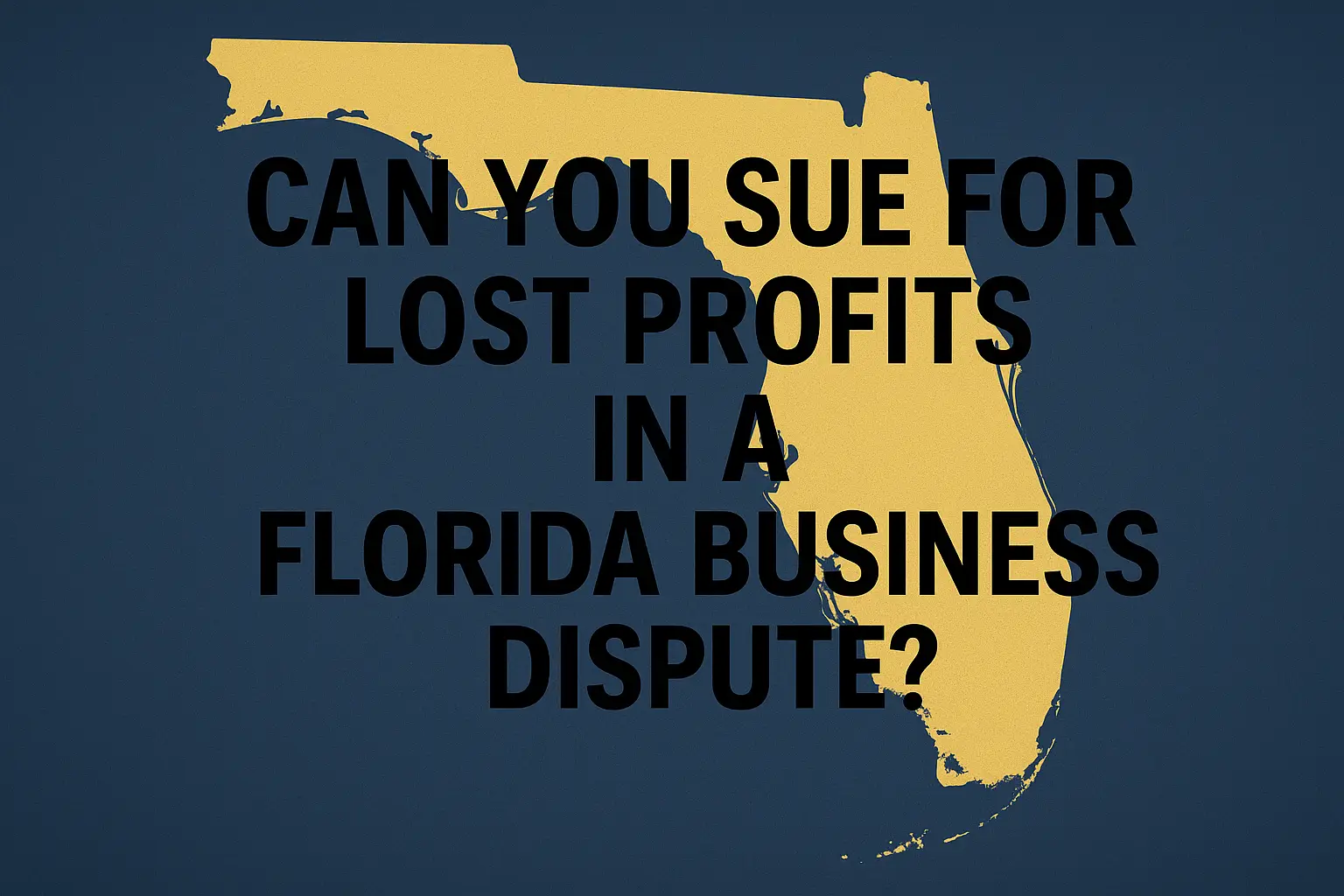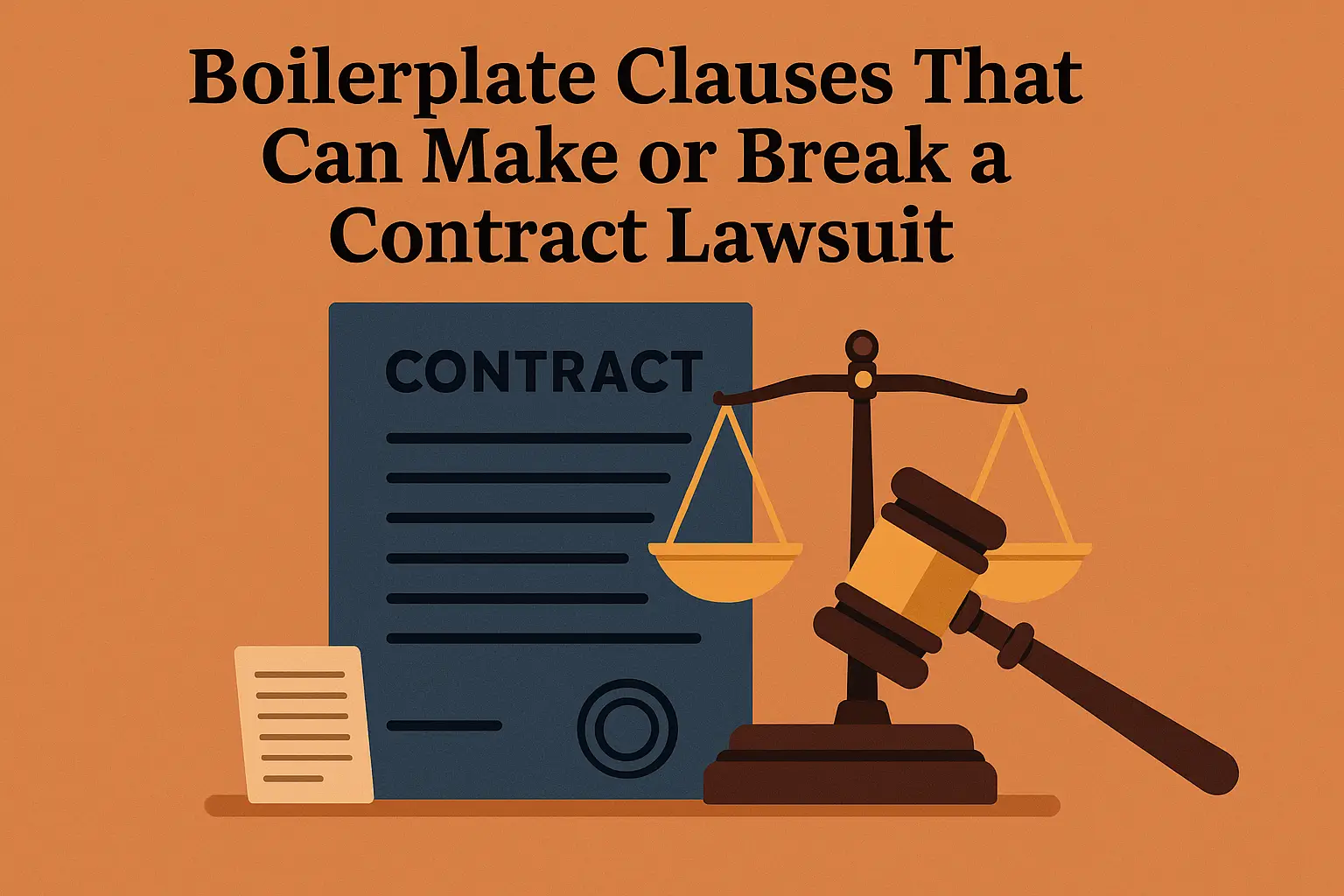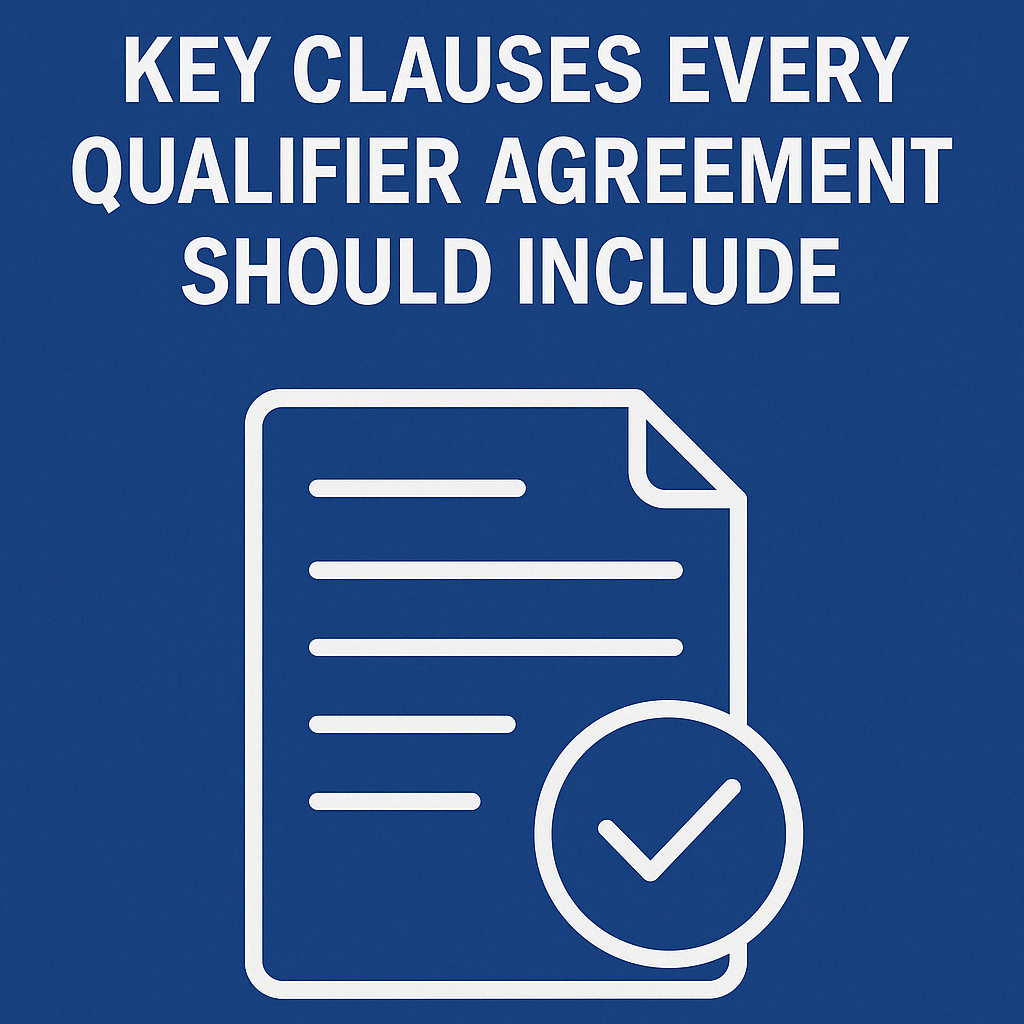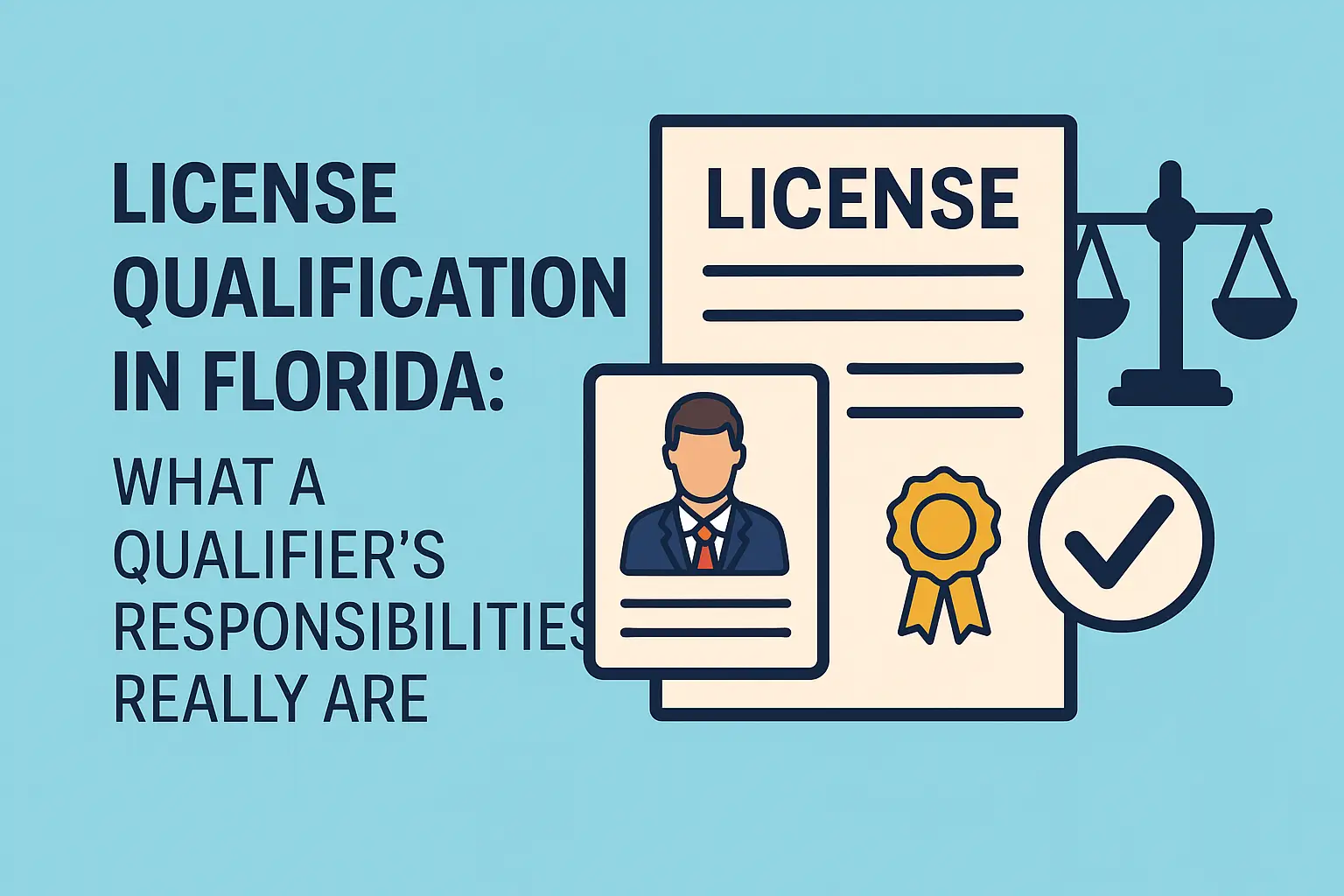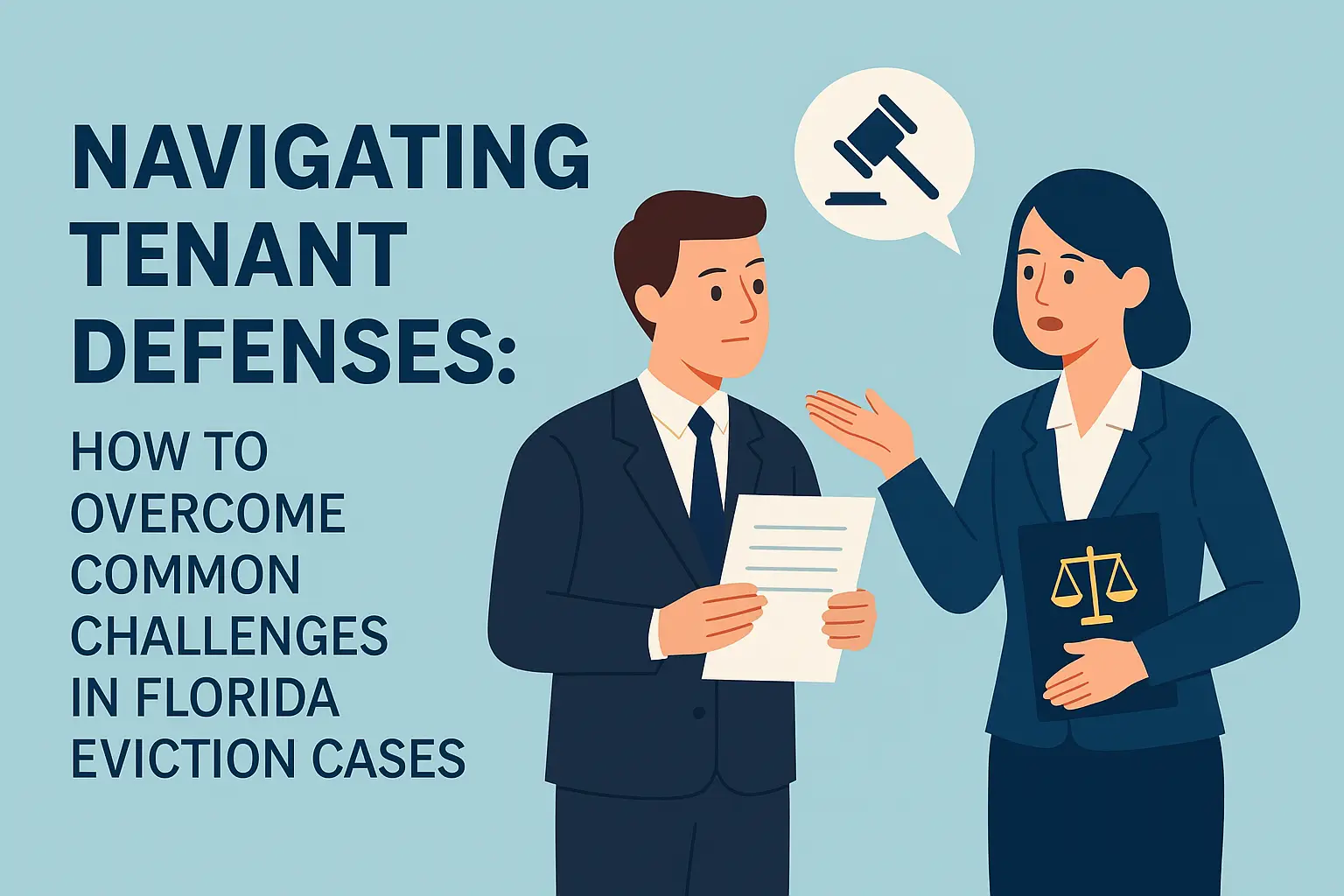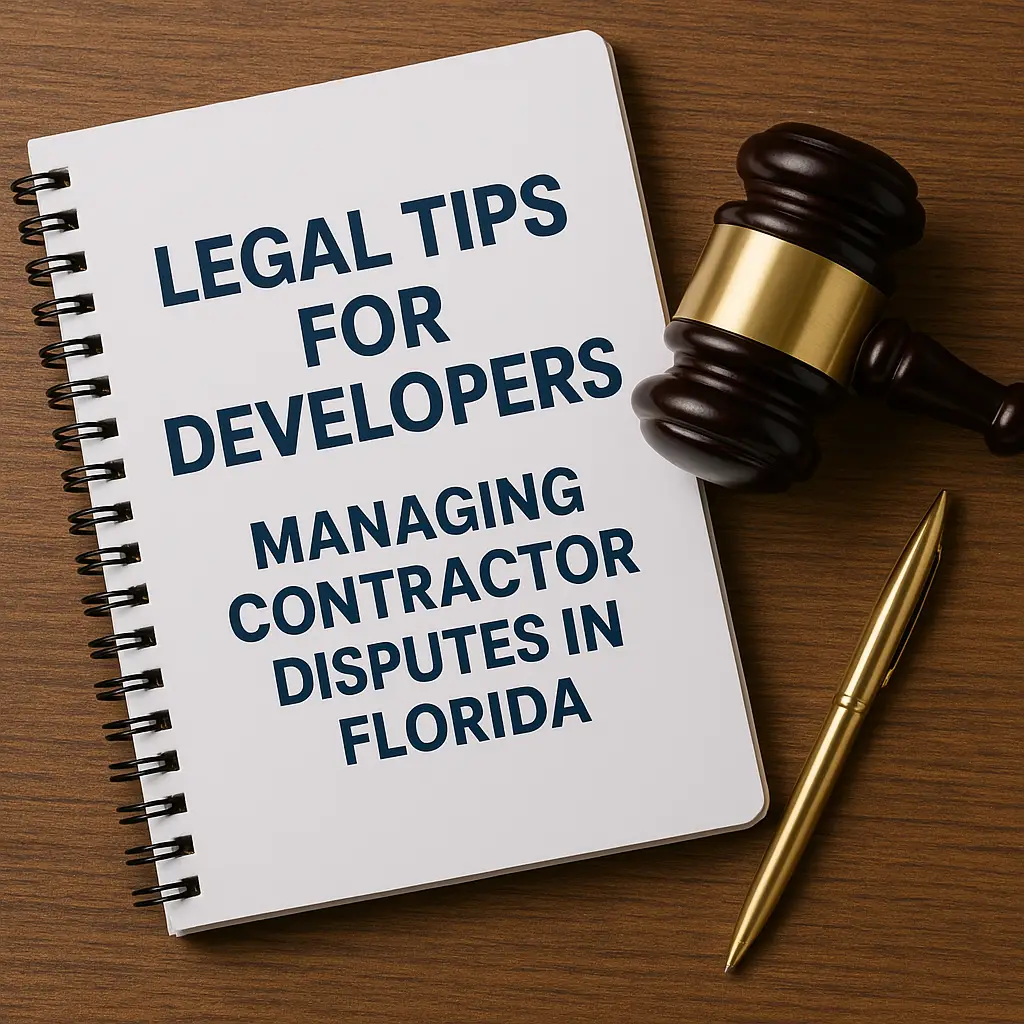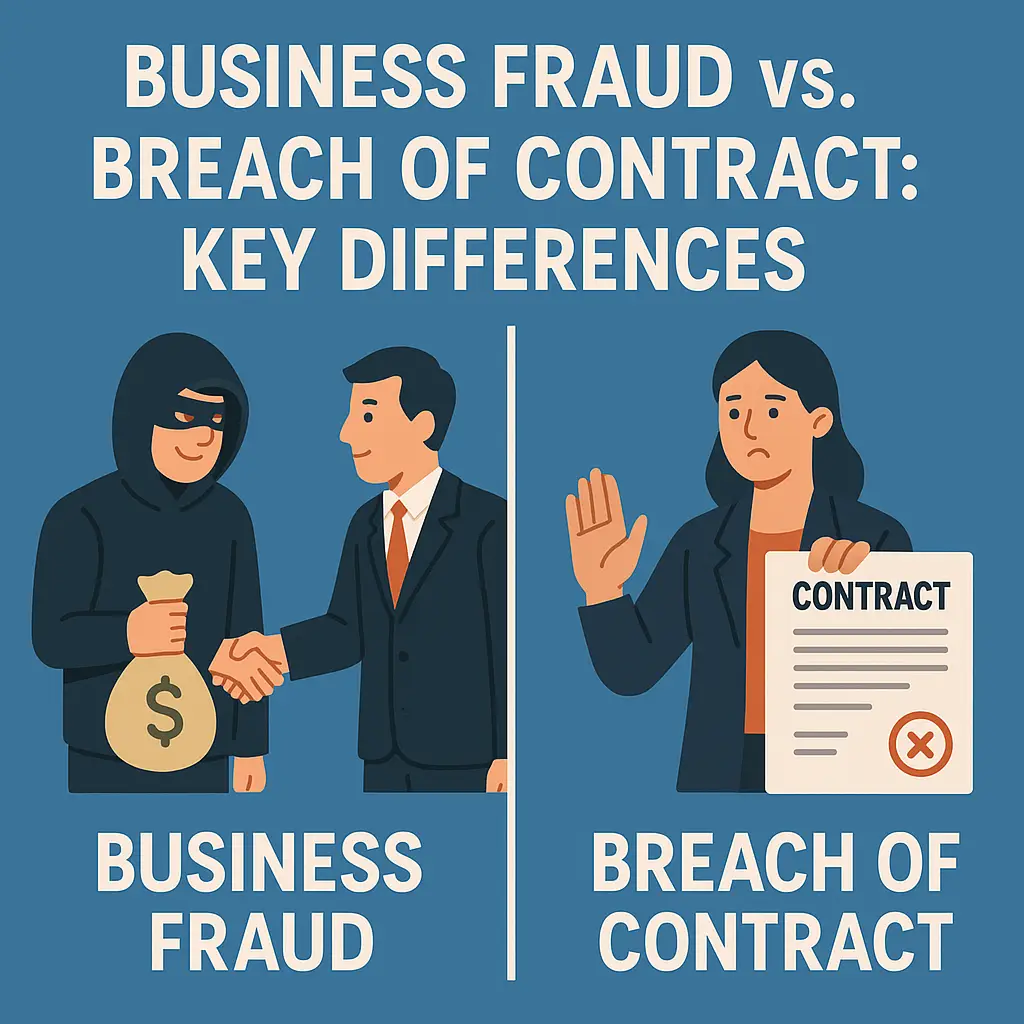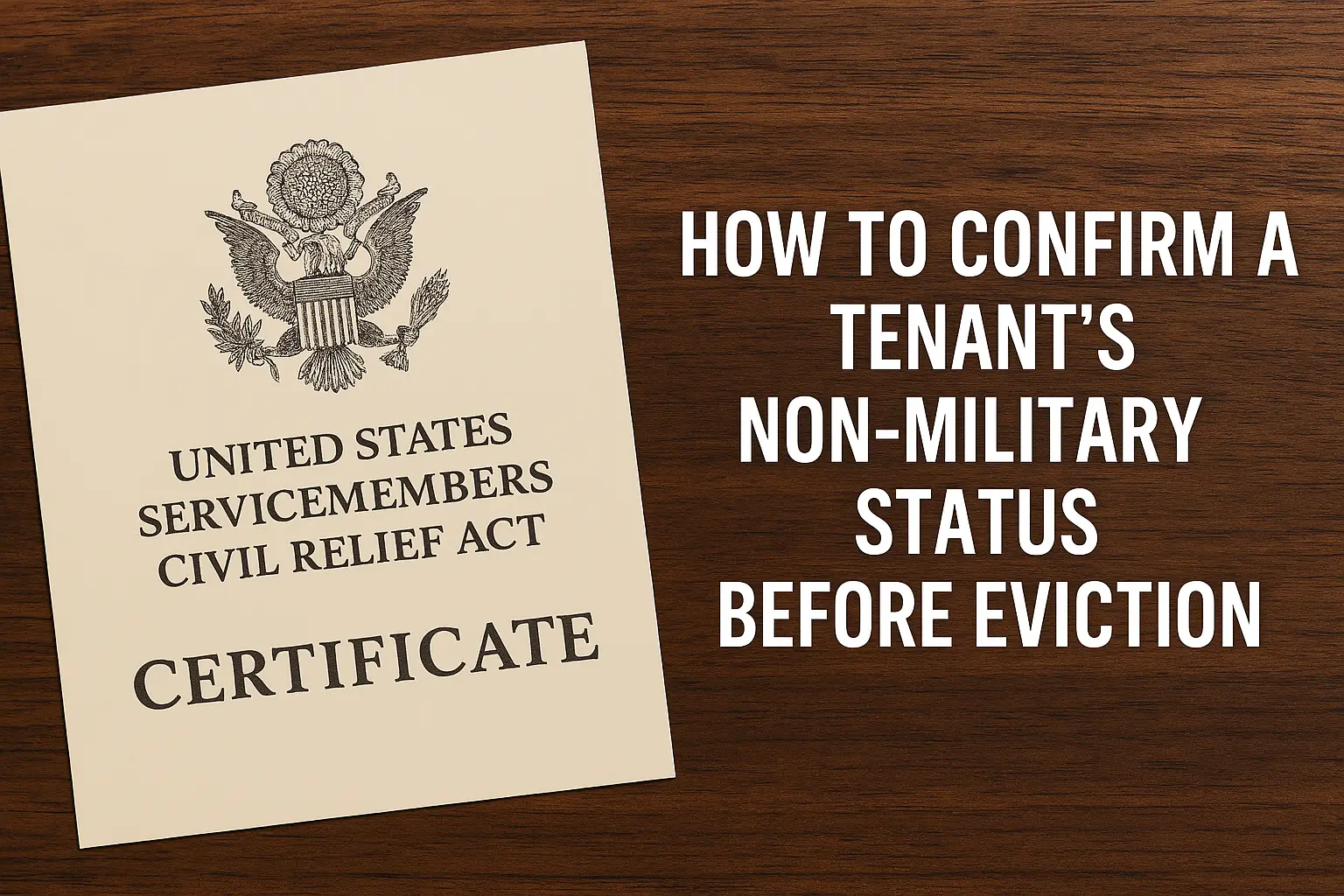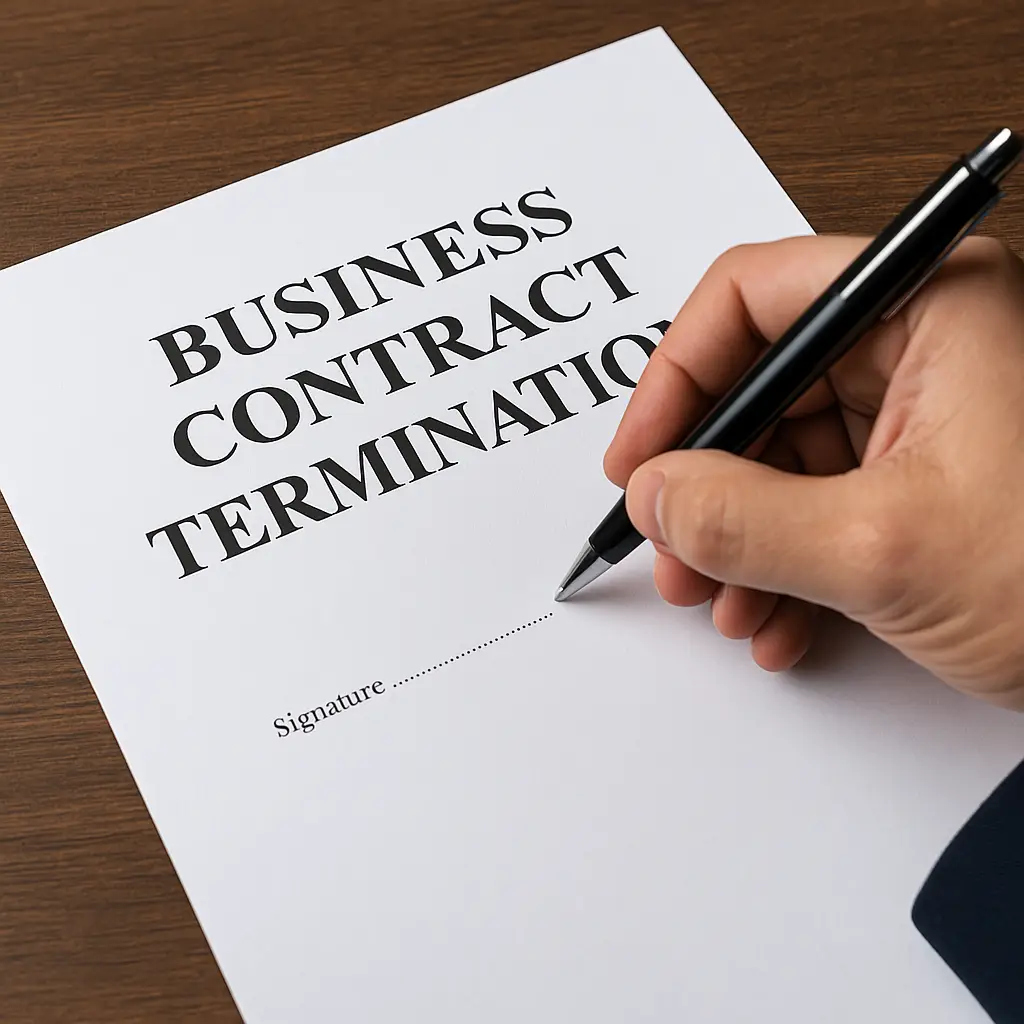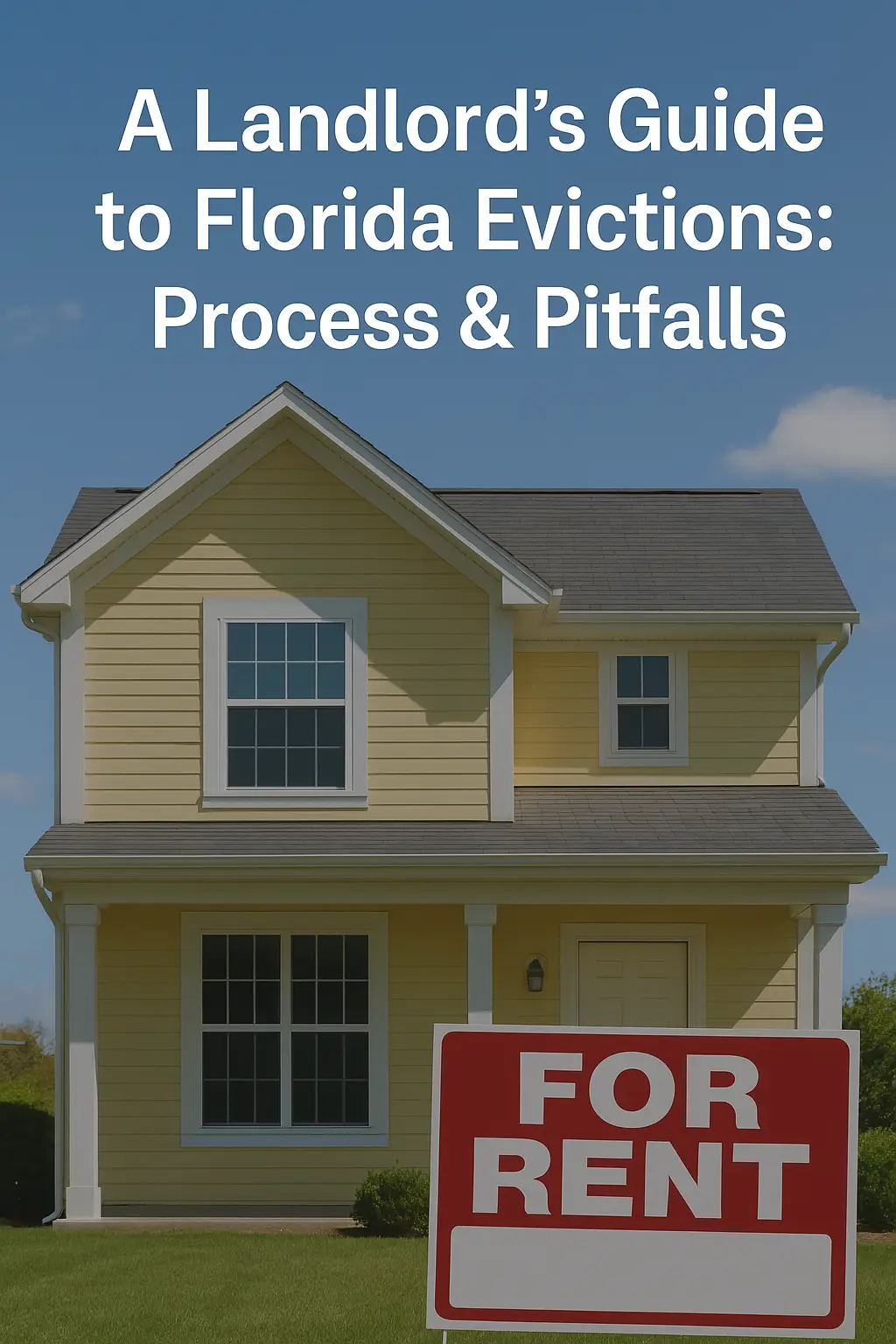Can You Sue for Lost Profits in a Florida Business Dispute?
When a deal falls through or a business partner doesn’t hold up their end of the bargain, the damage can go beyond immediate costs. Often, the real harm is in the profits your business expected to earn — and didn’t. That’s where lost profits come in. In Florida, you can sue for lost profits in a business dispute, but … Read more

